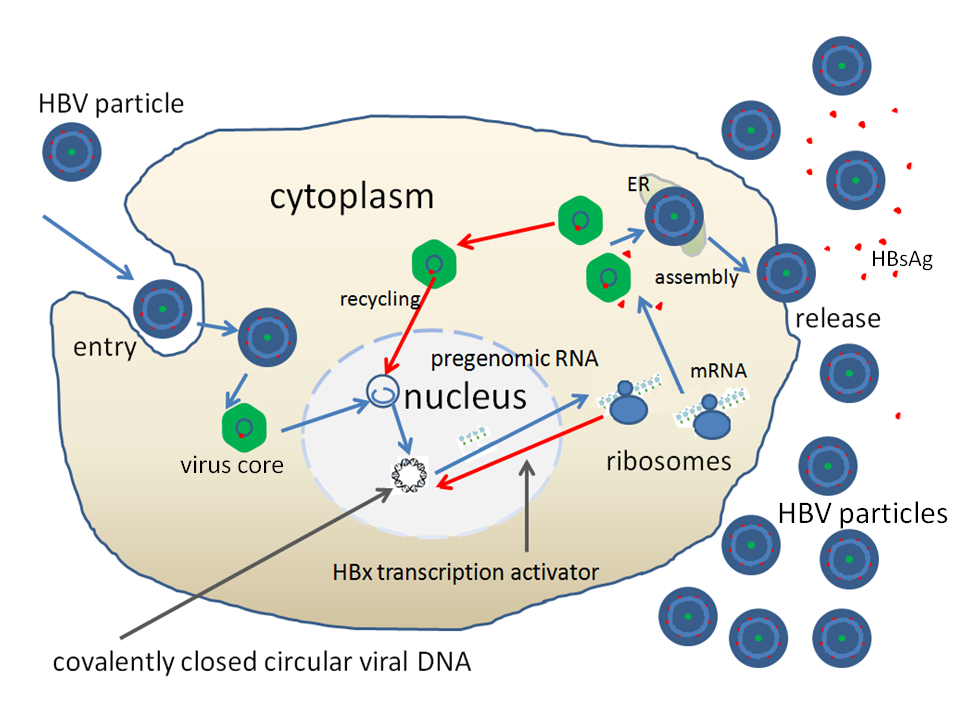
Professor Antonio Bertoletti (Scientific Founder) & Dr Sarene Koh (Product Development Director) of Lion TCR Pte Ltd in Singapore collaborated with Professor Maura Dandri and Dr. Janine Kah of University Medical Center Hambourg and various Singapore & German institutions published their finding on the effective control of chronic hepatitis B (CHB) infection with T cell immunotherapy in the July issue of the Journal of Clinical Investigation. CHB has severe quantitative and functional defects in HBV-specific T cell response. Restoration of the HBV specific T cells are determinant to clear the virus of CHB.
The team is the first to use mRNA transduction to engineer the transient HBV specific TCR-redirected T cells as a new therapeutic strategy against CHB. The research utilizes molecular biology techniques to modify the T cells of a patient. When infused back into the patient's body, the TCR redirected T lymphocytes find, recognize and inhibit or clear the hepatitis B virus in hepatocyte.
Hepatitis B is a viral infection of the liver that is a major global health problem. More than 250 million people are chronic hepatitis B (CHB) carriers and approximately 1 million people die every year from CHB-related diseases. There is an urgent need to design new strategies to eliminate and achieve functional cure of chronic HBV infection.
Various current therapies for HCC only inhibit the virus without clearance of the virus, patients continue to live under the danger of complications which many eventually die from.
This study, a collaborative effort between Duke-NUS, various prestigious Singapore & German institutions and Lion TCR, provides a potential solution to control the HBV infection, potentially complete clearance of HBV virus and possibly leading to a cure for CHB. The research uses proprietary technologies from Lion TCR Pte Ltd on TCR-T cell therapy invented by Prof Antonio Bertoletti.
Lion TCR is a clinical-stage T cell immunotherapy company specialized on the development and commercialisation of its proprietary technologic and T cell products against viral-related cancers. In Asia, out of every 5 cancer, is caused by viral infection. The company is a world leader in HBV specific TCR redirected T cell therapy against HCC.
Chronic hepatitis b virus infection